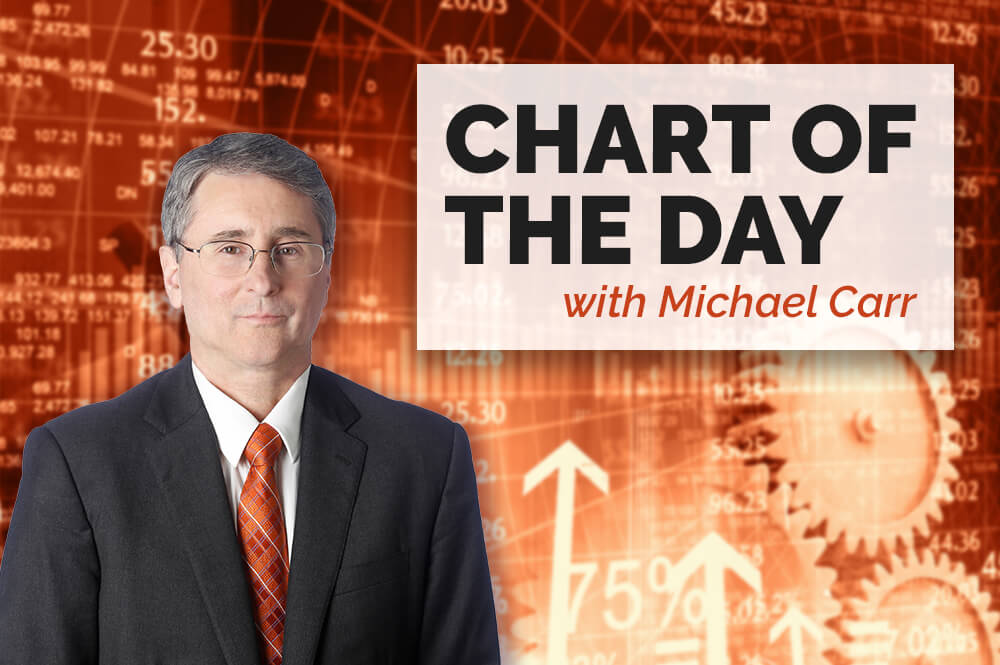The advance-decline line is warning the market rally could be on its last legs. The warning comes as earnings season begins.
This week could mark the end of the stock market’s rally.
Stock prices usually move up around the Fourth of July. That’s a reason to buy for short-term traders.
But after that, technical factors could pull stocks lower.
Market breadth indicators tell us how many stocks are participating in the trend. When calculating these indicators, each stock gets one vote.
So the smallest stock on the New York Stock Exchange, Medley Management Inc. (NYSE: MDLY) with a market cap of about $24 million, affects breadth as much as the largest stock listed on the exchange, Alibaba Group Holding Limited (NYSE: BABA), with a market cap of $592 billion.
The chart below shows breadth using the NYSE advance-decline line, or A/D line.
What the Advance-Decline Line Is Telling Us Right Now
The advance-decline line counts the number of stocks moving up or down each day. In bull markets, most stocks move up. In bear markets, most stocks move down.
Source: Optuma
Breadth usually turns down before a bear market. It also turns up at the end of a bear market. This is true no matter which breadth indicator is studied.
Breadth peaked in early June. It’s now in a downtrend. The new trend could be reversed but the series of lower lows indicates the path of least resistance is down.
Momentum confirms the trend reversal.
At the bottom of the chart is a momentum indicator of the A/D line. That’s the blue line. The dashed line is a moving average (MA) of the indicator. When the indicator falls below the MA, as it is now, breadth is in a downtrend.
Momentum of breadth fell below its MA in February as the bear market started. It gave a buy signal in early April within days of the stock market’s bottom.
While those signals were timely, not every signal is perfect. In May, a sell signal was quickly reversed.
The advance-decline line is warning the market rally could be on its last legs. The warning comes as earnings season begins.
Companies are about to tell investors exactly how bad the last quarter was, and how costs associated with increased safety measures will affect future earnings. That news won’t be good and market breadth shows some investors have started selling ahead of the news.
• Michael Carr is a Chartered Market Technician for Banyan Hill Publishing and the Editor of One Trade, Peak Velocity Trader and Precision Profits. He teaches technical analysis and quantitative technical analysis at New York Institute of Finance. Mr. Carr also is the former editor of the CMT Association newsletter Technically Speaking.
Follow him on Twitter @MichaelCarrGuru.
